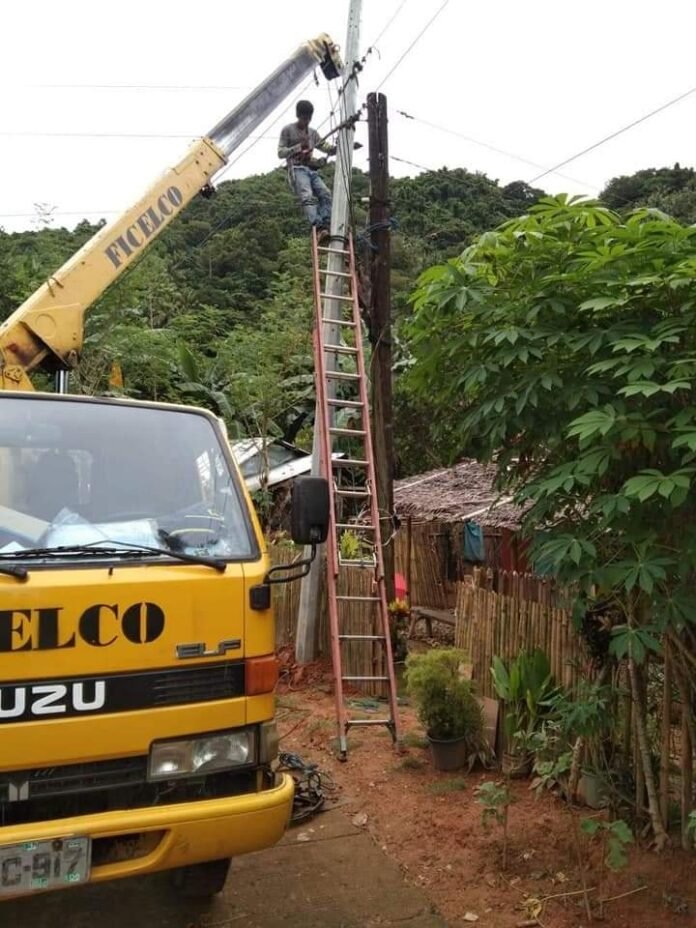Last year, a Sangguniang Panlalawigan legislative measure (No. 523-2020) entitled “A Resolution Expressing Support for the Initiative to Privatize First Catanduanes Electric Cooperative, (FICELCO) Inc., and Calling for the National Electrification Administration (NEA), the Department of Energy (DOE) and the Energy Regulatory Commission (ERC) to Intellectually Validate the Privatization Effort in Order to Achieve Reliable and Dependable Power Supply Service to the Province of Catanduanes” was passed.
In the aforesaid Resolution, the SP of Catanduanes pointed out that the province of Catanduanes has, for a long period of time, been experiencing inadequate power supply leading to power interruptions. Thus, it suggested that privatization should be considered to encourage new investments and provide additional for the improvement and efficient operation of the power distribution services in Catanduanes.
In a letter, dated March 19, 2021, addressed to SP Secretary Atty. Gilbert T. Suarez, NEA responded that “the concept of privatization of FICELCO, at this time, would be inadvisable considering several factors.”
“For one, while we recognize that an infusion of private capital could likely contribute to the improvement of the power situation in the province, what must primarily be addressed is not only the financial aspect, but problems in terms of operation. As such, the problems currently being faced affect both the distribution and power supply sides. On the distribution side, FICELCO remains to be operationally viable and is not considered an ailing EC even as it suffers operational setbacks as a result of the damages accumulated from the seasonal storms that wrack the area,”NEA said.
NEA took cognizant of the fact that “FICELCO is one of the electric cooperatives which is geographically located within the typhoon belt and, more often than not, its power distribution lines and facilities are greatly damaged by these powerful typhoons visiting the province of Catanduanes on a year-round basis. To restore, rehabilitate, and maintain these power lines and facilities would entail large amount of money or capital infusion, which unfortunately FICELCO lacks at the moment.
The agency admitted that this one of the major factors considered in the intermittent power outages in Catanduanes. These interruptions pose a major obstacle to business operations in the region, particularly in the wake of such calamities.
To FICELCO’s favor and succor, there are available schemes other than privatization that may provide long-lasting solutions to the current situation. Pursuant to NEA’s mandate of ensuring the quality, reliability, and affordability of power supply and the DOE Department Circular No. DC2013-07-0014, NEA issued its Consolidate Policy on the Various Frameworks of Private Sector Participation.
Under this policy, the ECs are allowed to enter into partnership with a qualified private sector under any of the following frameworks, to wit: a) Joint Venture; b) Investment Management Contract; c) Management Contract; d) Operations and Maintenance Contract; e)Special Equipment and Material Lease Agreement; f) Concession Agreement; g) Merger; and h) Consolidation.
To date, there have been three (3) ECs who availed these frameworks, namely: ZAMCELCO, PELCO II and ALECO. ZAMCELCO and PELCO II entered into an Investment Management Contract (IMC) while ALECO availed of Concession Agreement.
In view of these frameworks, it is imperative upon SP to intellectually study these options so as to avoid a repeat of their embarrassing, humiliating and painful consequence in approving the conversion of the Eastern Bicol Medical Center into an “economic enterprise” almost a decade ago.


























